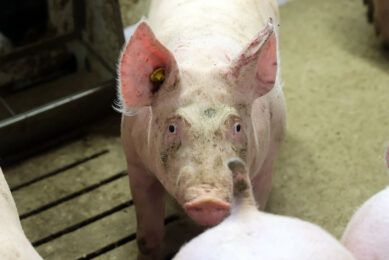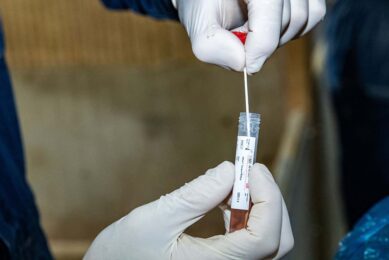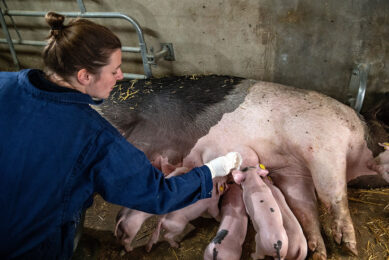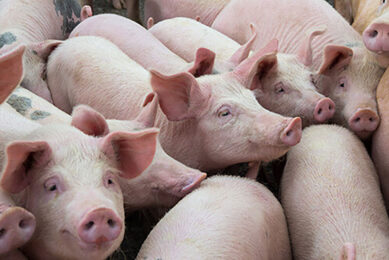OIE: Swine flu not traced back to pigs
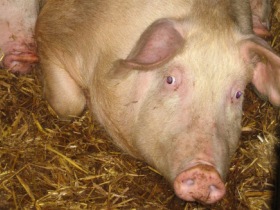
Information available to the OIE does not indicate, at this time, that the influenza outbreak currently occurring in the United States and Mexico was preceded by an outbreak of swine influenza.
Because the current A/H1N1 related human health event has been described as swine influenza, the World Organisation for Animal Health (OIE) wishes to further clarify the facts from the animal health perspective, particularly in relation to international trade of pigs and of products of pig origin. The OIE also points out that it will continue to respond to new, incoming information as the situation evolves.
Within a few days, scientific investigations that are currently under way should indicate if the virus circulating in humans is capable of infecting animal species, such as pigs, chickens and horses.
It is not correct to call the current disease ‘swine influenza’. The virus that is circulating includes genetic components of human, avian and swine origin. The OIE proposed to refer to this new virus as ‘North American influenza’, using the same approach to nomenclature as used with the Asian influenza and Spanish influenza outbreaks that have occurred in the past.
Given there is no case of infection in animals confirmed in the zones where cases of human infection have been detected, it is not necessary to introduce specific measures for international trade in swine or their products nor to consider that consumers of pork products are at risk of infection.
Related new items
• Pig industry responds to swine flu outbreak
• Swine flu threatens Thailand’s billion baht pork industry
• China bans all pig imports from Mexico
• Death toll keeps rising in Mexican swine flu outbreak
• Swine flu: WHO raises pandemic alert to phase 4
• WHO: Swine flu is ‘public health emergency’©
Related Weblog
• Swine Influenza worries
©Related website
• World Organisation for Animal Health (OIE)



